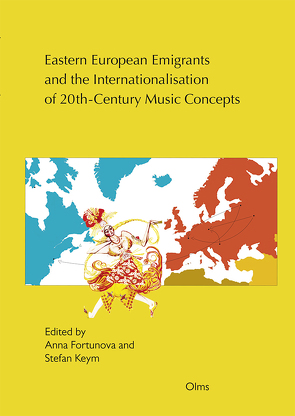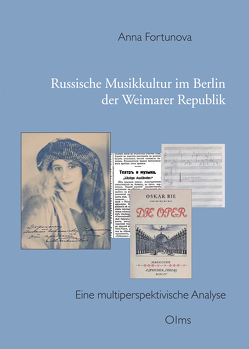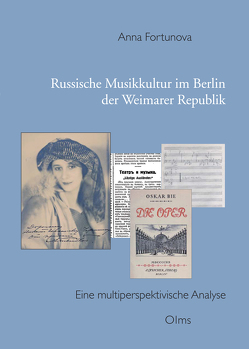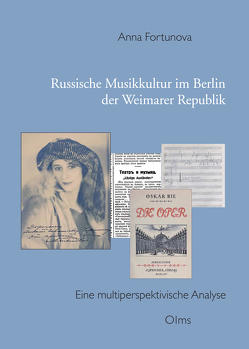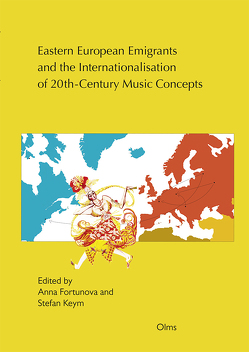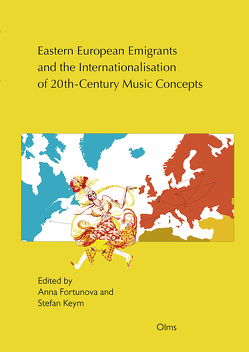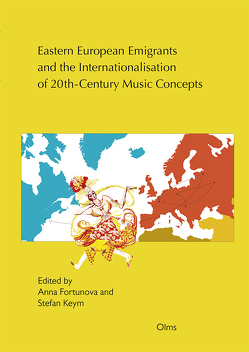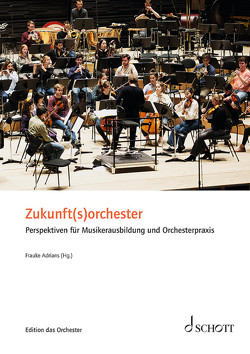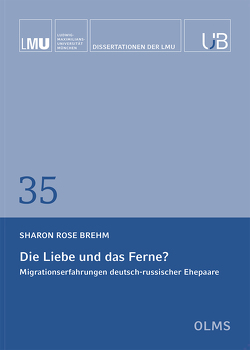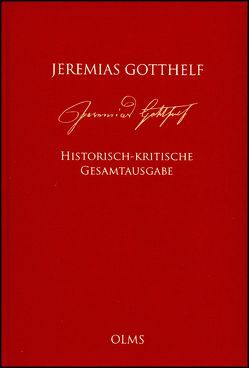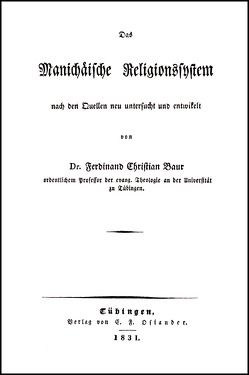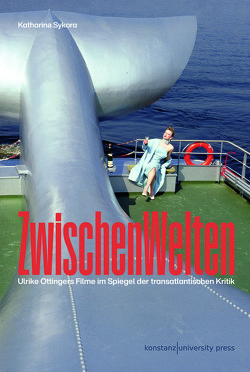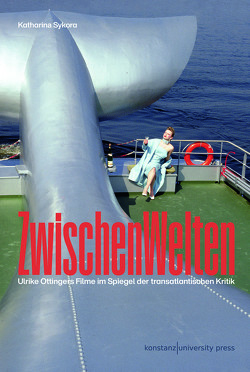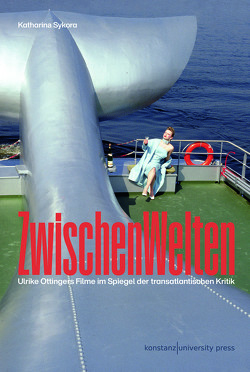Eastern European Emigrants and the Internationalisation of 20th-Century Music Concepts
Anna Fortunova, Stefan Keym
The history of 20th-century music is particularly characterized by the phenomenon of emigration – often for political reasons, such as the persecution of musicians by totalitarian regimes. Many of these musical emigrants came from Eastern European countries. They also transferred their artistic and cultural heritage to their temporary or long-term host countries, where their music concepts came into interaction with local traditions and thus contributed to the internationalisation and global melting of ideas.
This collective publication reinvestigates the paths of these émigré composers, music scholars and other artists. It examines their more or less fruitful interaction with their host cultures as well as their impact on the rise of new global trends of culture. A large part of the 14 articles, written by musicologists and other scholars from six countries, is dedicated to Russian émigrés who left their country after or even before the October Revolution. This first part is complemented by case studies on Slovenian, Czech, Polish, Lithuanian and Hungarian musicians, from the avant-garde to popular music cultures.
